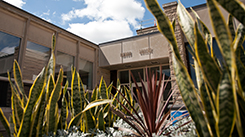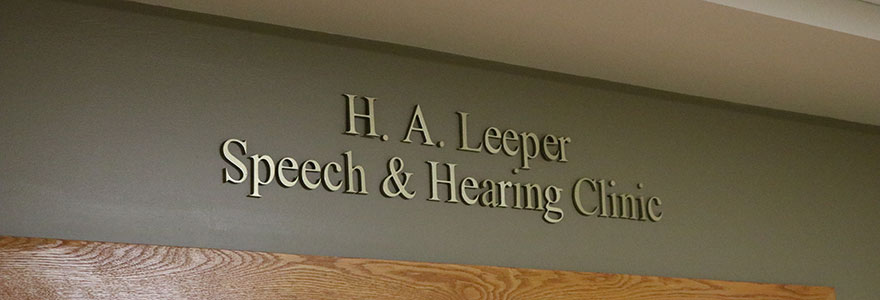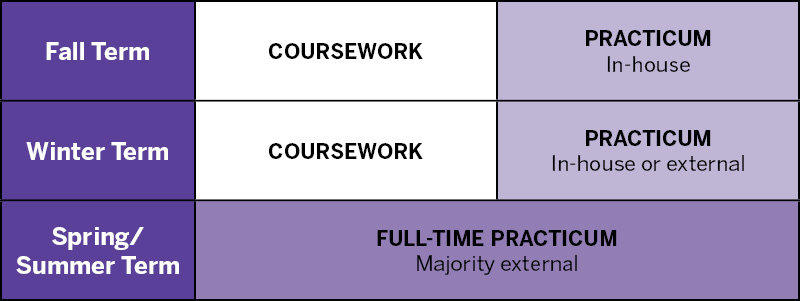Academic Programs
CSD Program & Admissions Information
earmouth@uwo.ca
519-661-3227
Program Preview Day

Learn about Western's graduate programs in Audiology and Speech Language Pathology at Professional Program Preview Day. Learn more and register.
- Friday, Nov. 24, 2023
- 10 a.m. - 2:30 pm.
- Virtual Presentations
Second Year Courses

Students must complete all course and program progression requirements in order to graduate. A part-time study option is not available. All students are enrolled in a predetermined curriculum each term, consisting of clinical and course-based work.

Term 4 (Fall Courses) - September to December
- COMMSCI9503 - Audiology Practicum III
- COMMSCI9525 - Pediatric Hearing Disorders: Development and Assessment
- COMMSCI9526 - Modern Practices in Assistive Hearing Technologies II
- COMMSCI9528 - Applications in Assistive Hearing Technologies II
- COMMSCI9532 - Counselling
- COMMSCI9535 - Aural (Re)Habilitation: Theory to Practice
Term 5 (Winter Courses) - January to April
- COMMSCI9504 - Audiology Practicum IV
- COMMSCI9505 – Audiology Practicum V*
- COMMSCI9523 - Professional Practice III
- COMMSCI9527 - Modern Practices in Assistive Hearing Technologies I (Implantable Devices)
- COMMSCI9530 - Adult Hearing Disorders
- COMMSCI9533 - Module: Noise 2
- COMMSCI9536 - Aural (Re)Habilitation II
Term 6 (Summer Courses) - June to July
- COMMSCI9505 - Audiology Practicum V (continued)
- COMMSCI9534 - Advanced Topics
Progression Requirements
Students must complete all course requirements in order to graduate. Progression in the Audiology program is based on each term’s achievement. Each student must achieve at minimum:
- A passing grade of 60% in all courses
- A pass in a pass/fail course
- An average grade of 60% or higher on the individual as opposed to group components of course work in each course
- Meet any course-specific pass requirements as stipulated in course outlines
- A passing grade of at least 73% in each clinical placement (practicum) course
- An overall term average of at least 70%
Program Withdrawal
Withdrawal from the program is mandatory for students who have been unsuccessful in achieving or resolving any of the above progression requirements. A student who has been required to withdraw from the program may petition the School of Communication Sciences and Disorders on medical or compassionate grounds for relief from the requirement to withdraw. Should such a request be granted, the School of Communication Sciences and Disorders will review each individual case and determine the conditions to be met by the student to remain in the program.

